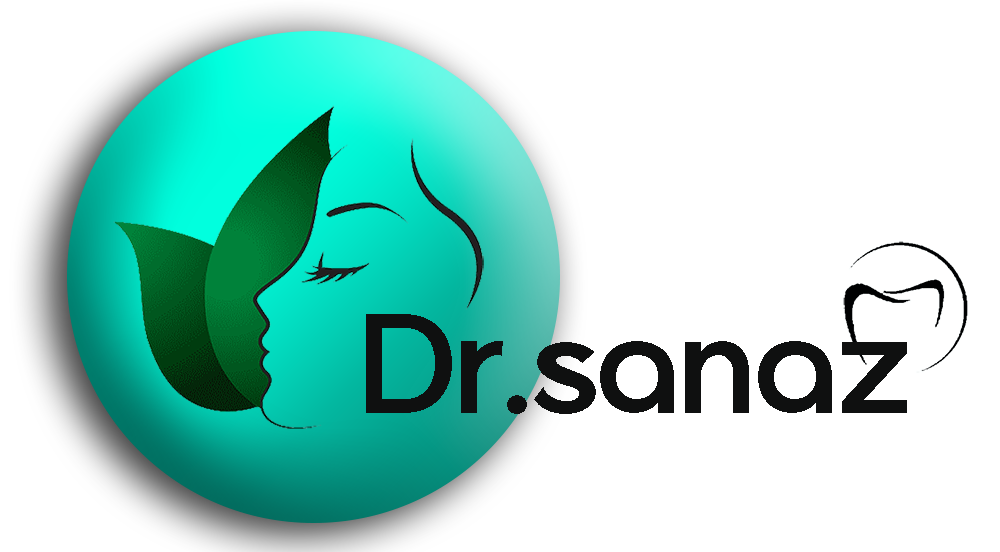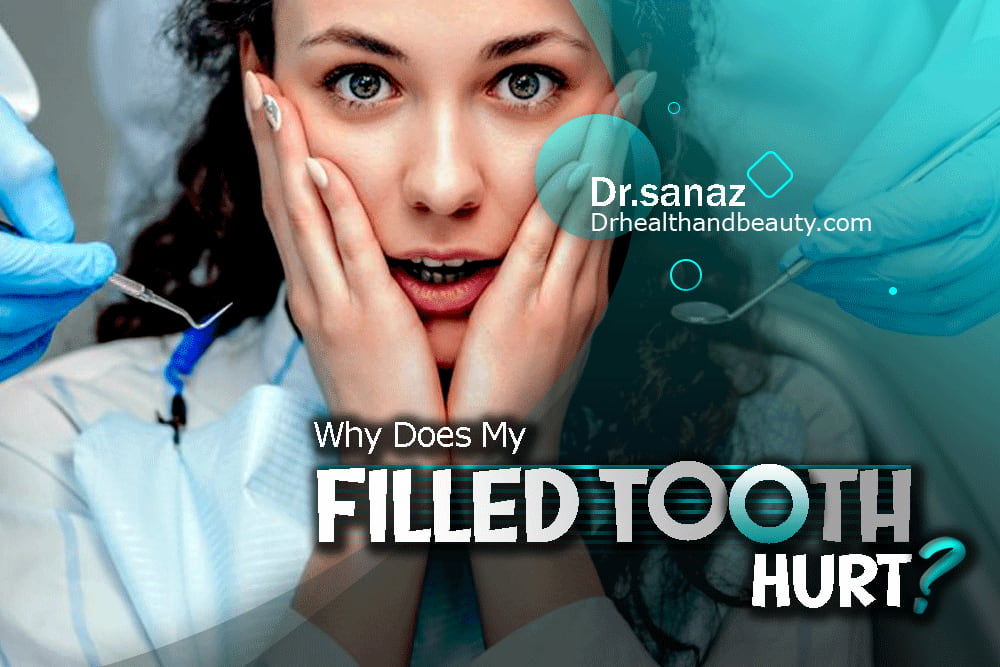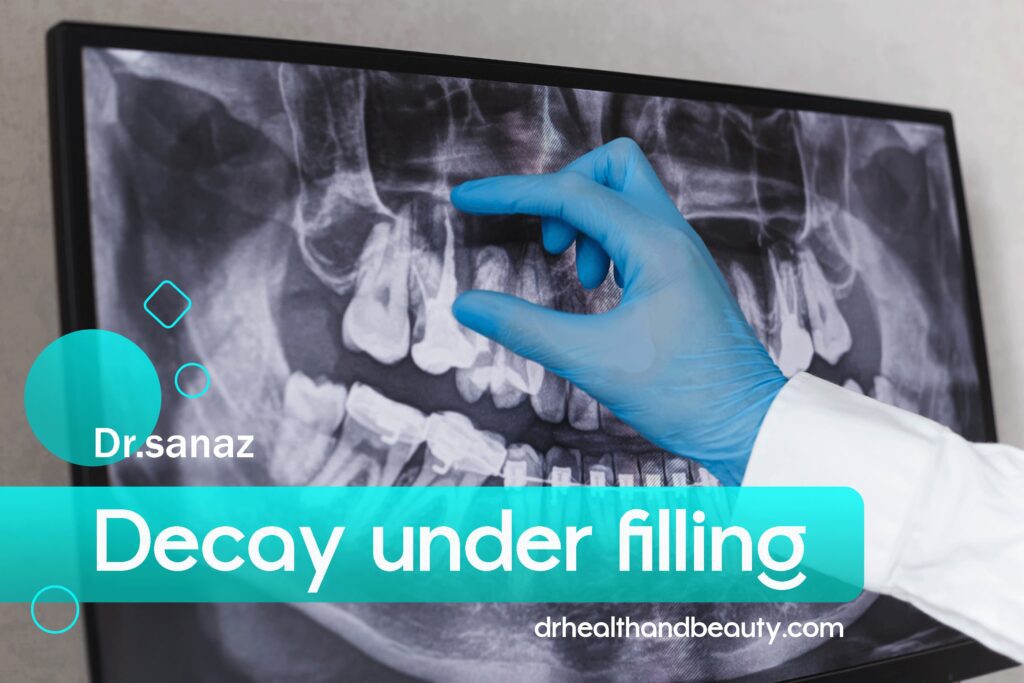
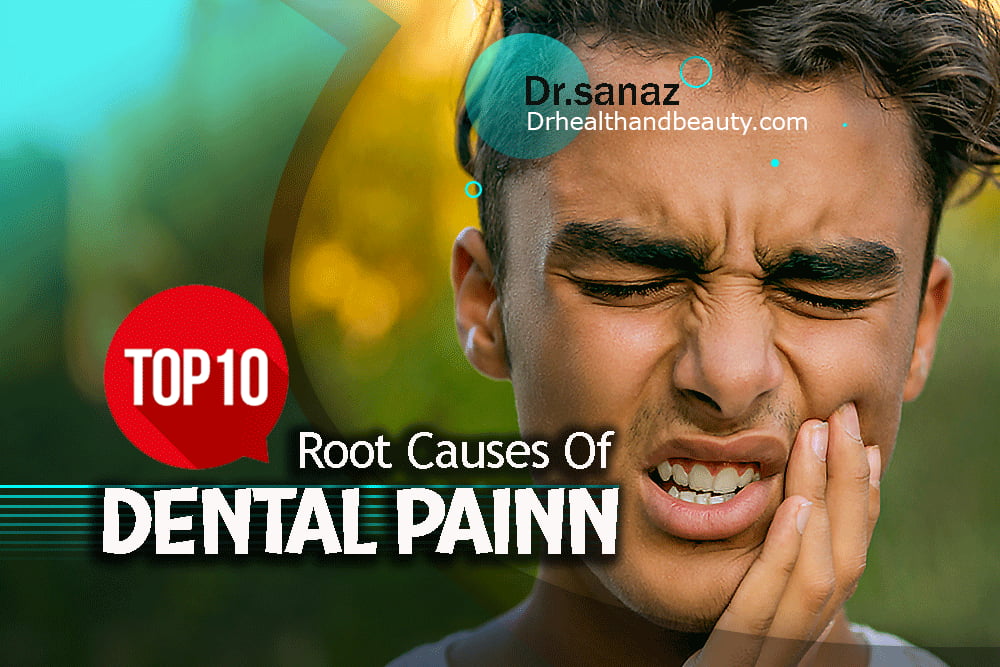
Top 10 Root Causes Of Dental Pain
Table of Contents
Dental pain is one of the problems we have experienced at least once. Most of us think tooth decay is the only cause of toothache, but it has many causes.
It is important to note that although there are home remedies for decayed teeth. But sometimes the decay is so acute that it is better to go to the dentist as soon as possible when a toothache comes to us and stop the damage.
Toothache usually occurs when an environmental change has caused damage to sensitive tissues.
Research shows that about 90% of patients that come to the office for Dental pain treatment have pains of dental origin. Therefore, the dentist must rescue the pain of the patients with the correct diagnosis and appropriate treatment plan; he should keep in mind the difference between dental pain and non-dental pain because, in some cases, the patient’s complaint of tooth pain has a non-dental cause, the dentist should pay attention to this point.
Pay attention; otherwise, based on a fault diagnosis, he will take a fault treatment, and the result will be the patient’s complaint; the pain will remain.

Why Does My Tooth Hurt?
In many patients, the reason for Dental pain perhaps be nerve pain, and this pain is felt in teeth as a pounding and drastic pain, and after a few seconds, this pain is resolved, although after a few moments, this pain may end, to find the cause, you must be examined by a dentist. be visited
When tooth decay develops too much, the pain reaches the section of the nerve, the pain is sudden and sudden, and the teeth become very sensitive. This sensitivity is revealed in front of cold and hot food, And it bothers you.
If the teeth are not brushed well, and floss is not used, and over time, food or sweets will lead to tooth decay.
If you visit the dentist every six months regularly, you will find out about the decay of your teeth and take action as soon as possible. You are restoring the tooth. If the eligible treatment is late, it may reach the nerve and require root canal treatment.

Can tooth pain be caused by something else?
Toothache can start as a result of a problem that is not related to the teeth. Several patients experience Dental paindue to pains caused by other parts of the body; for example, the sinuses’ suppuration leads to pain in the upper and back teeth of the jaw. Deficiency of some vitamins can lead to weakness and toothache as a result.
The cause is the vicinity of the sinuses to these teeth, and toothache is rarely a symptom of a heart attack.
One of the other reasons for toothache can be affected by gum disease and tooth infection, which reasons inflammation of the gum and bone, affecting swelling and damage to the bone around the tooth.
Your toothache may be due to a combination of headache and Dental painwith an underlying problem, like a sinus infection.
Alternatively, it may be due to the lack of proper functioning of the temporal joint.
Because the trigeminal nerve plays a vital role in the pathogenesis of migraine, this leads to the feeling that the underlying diseases of the teeth follow.
TMJ disorders are another reason that causes problems in the jaw joint and surrounding muscles. As a result, Dental pain follows, which is often the same as TMJ and causes headaches.
The article “Tooth Pain, No Cavities.” may interest you.
When does toothache become serious?
There are some warning signs that your toothache is becoming severe and requires immediate dental attention, including:
- Severe and unrelenting pain: If your toothache has persisted for over a few days and does not improve with painkillers or other home remedies.
- Facial swelling and fever: If you experience facial swelling, a high fever, and/or difficulty swallowing, it could indicate an abscess or other severe infection.
- Bad breath or an abnormal taste in your mouth: If you notice a change in your breath or an unusual taste, it could indicate tooth decay or infection.
- Extreme sensitivity to hot or cold: If you suddenly experience extreme sensitivity to hot or cold in one or more teeth, it could be a sign that the tooth has become infected or has a crack.
Related: “How Do I Know What Kind Of Toothache I Have?“
Teeth can be considered one of the body’s most sensitive parts that always need care to stay healthy. Many people think that tooth decay and decay is the only damage that can be caused to the body by losing a tooth.
At the same time, this is an entirely wrong image. Because infection and abscess of the teeth can cause severe risks for our body, which can even be death if it is not treated and we go to the doctor late.
Teeth are the most critical factor for food digestion, and if they are not in good health, they can reason much damage to our digestive system and stomach by not chewing food.
For many people, the question may arise as to when a toothache is dangerous. In answer to this question, it is better to know that teeth are considered dangerous when infected.
related article: “ Treatment Of Tooth Infection Swelling.”

If your Dental pain lasts more than a day or is accompanied by other symptoms such as the following, you should see a dentist as soon as possible.
- Fever
- swelling
- Difficulty breathing
- Difficulty swallowing
- Red gums
- Pain when chewing or biting
- If your tooth is broken

Top 10 root causes of dental pain
Toothache can have many and sometimes surprising causes. A toothache may cause sharp, throbbing pain and completely disrupt your daily routine. Dental pain can make it difficult to chew, talk, concentrate, or even sleep at night.
The presence of tooth decay
Tooth decay creates a cavity in the tooth and causes the loss of the hard surface of the tooth, which is called enamel.
You should know that the causes of tooth decay can be diverse, from lack of oral hygiene, Some deficiancy in diet to the wrong choice of dentist.
At first, these cavities may cause no symptoms, but eventually, they can lead to toothache, especially if the cavity is very large or close to the nerves inside the tooth. The first symptom of caries is pain when eating sweet, too cold, or too hot food.
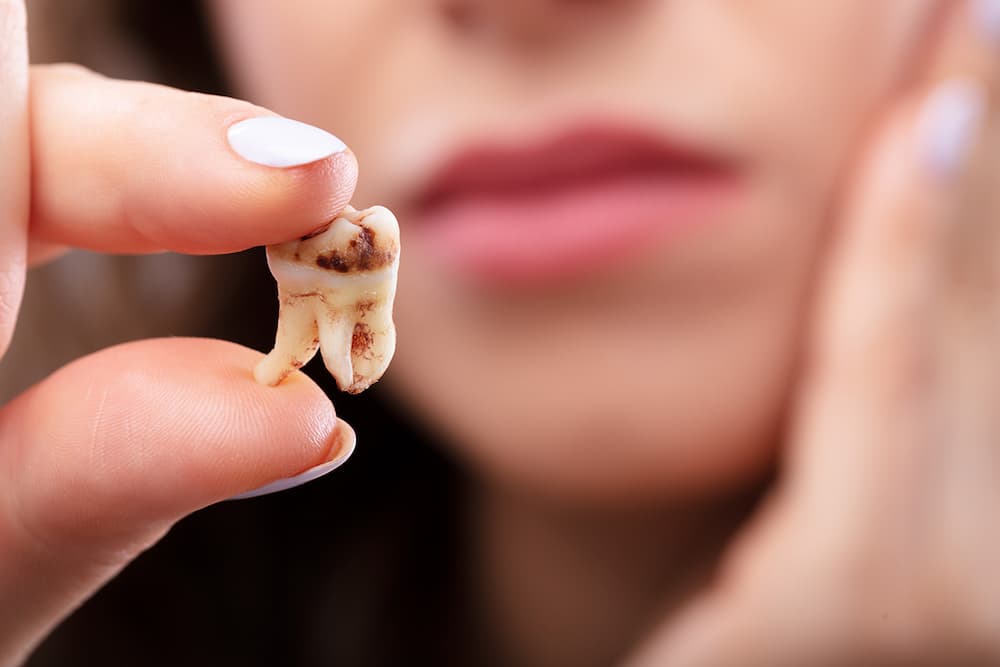
Toothache after nerve extraction
When the root nerve is infected, and the root canal is swollen. The nerve must be removed before the tooth is repaired.
Nerve removal is done under anesthesia, but you may feel pain and discomfort as the anesthesia wears off. One of the problems with tooth nerve pain is that most of this pain is related to tooth sensitivity.
Your tooth becomes slightly sensitive to temperature and impact, and you feel more pain. This pain is treated 2 to 3 days later, and you may even have pain on the same day.
Abscess
When food or other edible particles get stuck between the teeth and you continue to chew, you push the food further into the gums. Over time, this causes inflammation and pain.
It can even cause an abscess along the gum line. Food gets trapped in the gum line for a long, causing decay and infection. Abscess, swelling, and even pus may be seen at the site.
Related “Tooth Infection Swelling“
The sooner the abscess is treated, the better because if the abscess is not treated, it can lead to various gum diseases.

tooth fracture
Dental pain may occur due to a cracked or broken tooth. This fracture is usually not in the entire tooth and occurs in a piece of the tooth. Most of the time, biting down on hard food causes tooth fractures.
Wisdom teeth growth pain
Wisdom teeth are the last permanent teeth to appear in the mouth. If your wisdom teeth have not yet fully grown or have grown inappropriately, or if the gums cover them, you may sometimes experience toothache.
In other words, wisdom tooth pain will be different according to the type of wisdom tooth. Sometimes this pain is due to wisdom tooth decay, and that is when the wisdom tooth has grown and is exposed to bacteria or deficiencies. Sometimes it may be due to its hiddenness, which results in the feeling of pain as a result of the pressure it puts on other teeth.
Because wisdom teeth are strict to reach with a toothbrush and floss, you are more at risk of gum inflammation, pain, or infection.

Grinding teeth at night
Most people do not even know they are doing it in their sleep. According to dentists, teeth grinding or Bruxism is associated with symptoms such as headache, pain in facial muscles, and jaw stiffness. Grinding teeth can even lead to broken teeth.
Even if you do not grind your teeth at night, you may still clench them during the day without realizing it. Grinding teeth is a joint reaction to stress.

TMJ or jaw joint disorder
TMJ stands for Temporomandibular Joint, which connects your skull and jaw and allows you to yawn, chew, and speak. Dysfunction of this joint, called the TMJ, can lead to jaw pain similar to a toothache.
This pain may be similar to grinding teeth or pressing the jaws together. However, this pain is more felt near the ear.
One of the apparent symptoms of TMJ disorders is hearing a clicking or clicking sound when the patient opens their mouth.
This pain may go away on its own. Unlike other painful joints, you cannot completely immobilize the jaw joint, but minimizing additional jaw activities such as chewing gum is necessary. Some patients may also need surgery, which is very rare.

Gum infection
Gum infection does not precisely cause toothache. You may have trouble distinguishing Dental pain from gum pain. In mild gum disease, such as gingivitis, the gums become red and swollen and cause pain.
Gingivitis can terminate to periodontitis, a more severe gum disease, if left untreated.
Sinus infection
The sinus floor is located just above the roots of the maxillary teeth. Sinusitis usually causes people to feel pain in the teeth of the upper jaw and behind the eyes.
Due to infection and inflammation in the sinuses, toothaches are usually not limited to just one tooth, and several areas will be sensitive. To treat a sinus infection, you should see a doctor.
Blow to the tooth
Sometimes toothache is caused by trauma or injury to the tooth. Even a blow to the head can damage your teeth if it causes your jaw to snap together.
Inside the limited space of each tooth, some veins and nerves swell due to damage to the teeth.
There is no room for swelling inside the closed space of each tooth, so the pressure is transferred to the bone, and the brain interprets it as pain in the tooth. Fortunately, most minor tooth injuries resolve within a few days if you do not bite down too hard. However, it is necessary to see a dentist for examination.
You may also be interested in reading the article “Tooth And Ear Pain On The Same Side.“
Conclusion
Toothache is one symptom that informs us of damage and disease in the mouth and jaw area. Moreover, it will be effective in timely diagnosis and rapid treatment.
Dental pain usually occurs when an environmental conversion has caused damage to sensitive tissues. Therefore, the dentist must relieve patients’ pain with a correct diagnosis and appropriate treatment plan.
